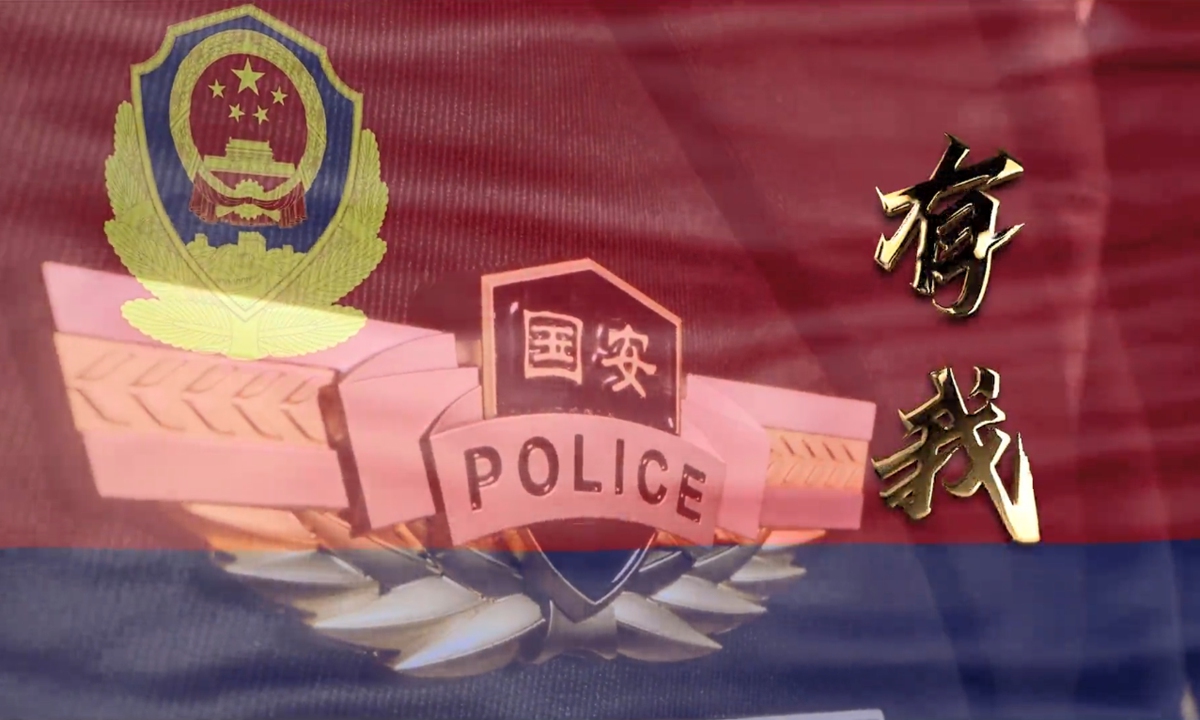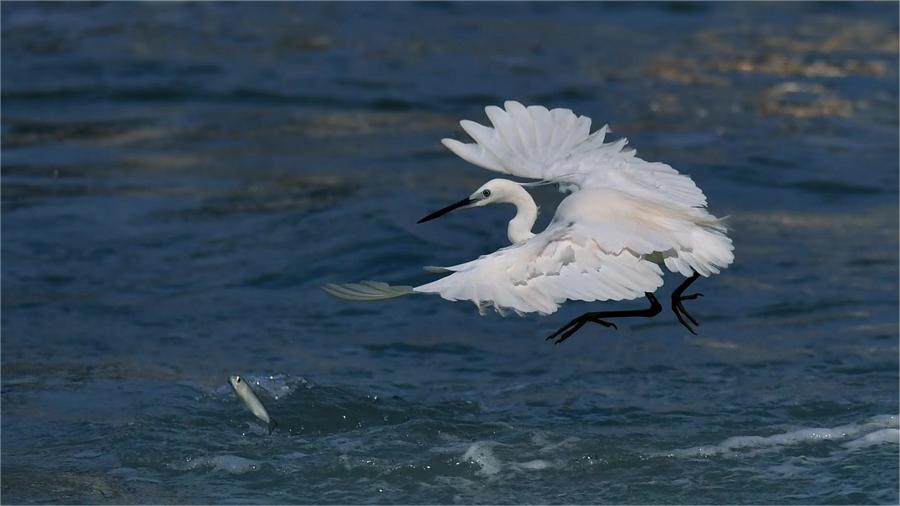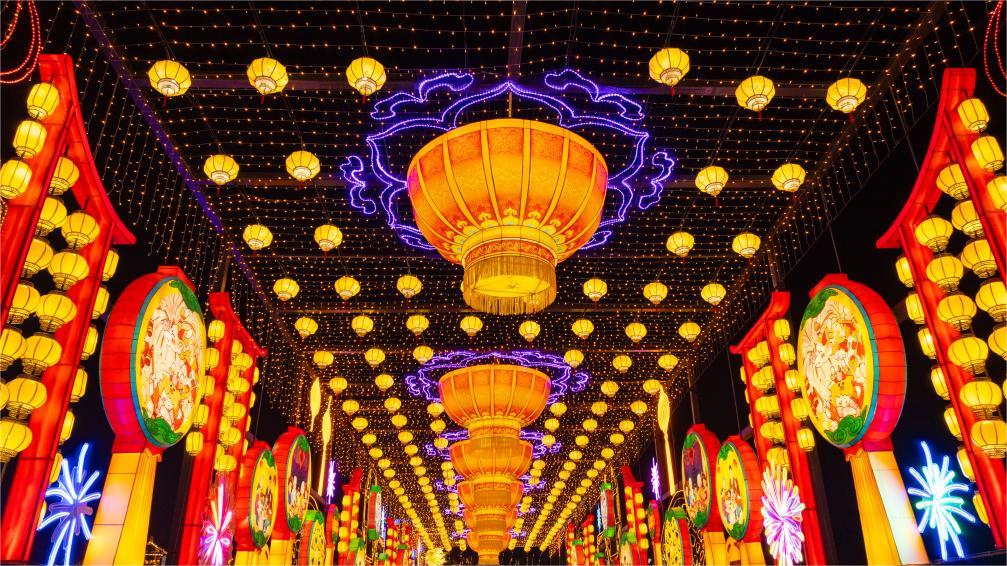Ministry of State Security warns against using environmentalism to hide politically motivated trade protectionism

Chinese Ministry of State Security
Certain countries have introduced a series of new trade restrictions against China under the pretext of environmental protection, attempting to hinder the long-term positive development of China's foreign trade industry, China's Ministry of State Security (MSS) said on Wednesday.
Against the backdrop of overall weak external demand, China's foreign trade industry has shown a positive trend overall, relying on its strong industrial chain and supply chain advantages and continuously expanding high-level opening-up efforts, the MSS said in an article published on its official WeChat account on Wednesday morning.
For example, China's seafood exports have ranked first in the world for consecutive years, effectively promoting the development of upstream and downstream industries such as fishing, aquaculture, processing, and transportation, and driving employment and income growth for urban and rural residents.
However, some countries, out of their own interests, have been maliciously smearing and suppressing China's seafood exports, attempting to win the international market through unfair means, according to the Ministry.
On the one hand, these countries have imposed so-called technical standards and ecological labels to force Chinese companies to disclose information about their upstream and downstream products, and conducted groundless investigations into their production and business activities.
On the other hand, they have used anti-China media and non-governmental organizations to extensively publicize and sensationalize false information such as reports about "illegal fishing" and "ecological destruction," blurring international society's understanding and creating a pretext and atmosphere for subsequent suppression and sanctions, with the aim of including Chinese companies on an "entity list" and then enacting legislation to restrict China's seafood trade, building an "environmental protection" barrier against China.
Multiple cases uncovered by national security agencies show that overseas anti-China forces, after imposing restrictions on the export of important agricultural products such as cotton and tomatoes from Xinjiang Uygur Autonomous Region, have included China's seafood exports on the list of restricted products under the name of "environmental protection."
The MSS pointed out that this trade protectionism disguised as environmentalism is a carefully designed political conspiracy that should be guarded against.
After stigmatizing Chinese products, these anti-China forces "logically" force international companies to withdraw from China's related industrial chain and supply chain through a series of trade restriction laws. This trade protectionism not only seriously undermines fair, reasonable, and transparent international economic and trade rules and the stability of global supply chains but also becomes a focal point for overseas anti-China forces to comprehensively contain China. This is a carefully designed political conspiracy, the ministry said.
On Wednesday, the ministry also disclosed a case in which a Chinese national was used and cooperated in launching an "environmental" offensive.
A Chinese national surnamed Li was recruited and exploited by overseas anti-China forces during his overseas studies. He established extensive contacts with overseas industry associations, multinational corporations, major media outlets, and non-governmental organizations.
After returning to China, Li, under the command of overseas forces, established a commercial consulting company specializing in collecting information on China's seafood industrial chain and supply chain and "evaluating" the social responsibility of Chinese companies.
Subsequently, Li's company established cooperative relationships with some industry associations, research institutions, and universities in China, using project funding and overseas study opportunities as bait, obtaining a large amount of information on policies and data related to China's industries, and providing them to overseas institutions.
Li had repeatedly received instructions from overseas forces and fabricated "evidence" of environmental problems in China's seafood industry, playing an important role in instigating relevant countries to enact trade restriction laws.
Li has been punished by national security agencies in accordance with the law for engaging in activities that harm national security.
Photos
Related Stories
- 3 spy cases released as China celebrates its 4th Police Day, honoring contributions to national security work
- Xi urges institutions to safeguard national security
- Hong Kong 'outlaw' jumps bail into the fire
- Foreign geographic information software collects sensitive data, posing threat to national security: ministry
- Trial of secessionist Jimmy Lai set to begin on Monday, 'expected to be a classic case in upholding national security in Hong Kong': legal experts
- Blue Book on China's overseas security risk levels released; US labeled 'extremely high'
Copyright © 2024 People's Daily Online. All Rights Reserved.









